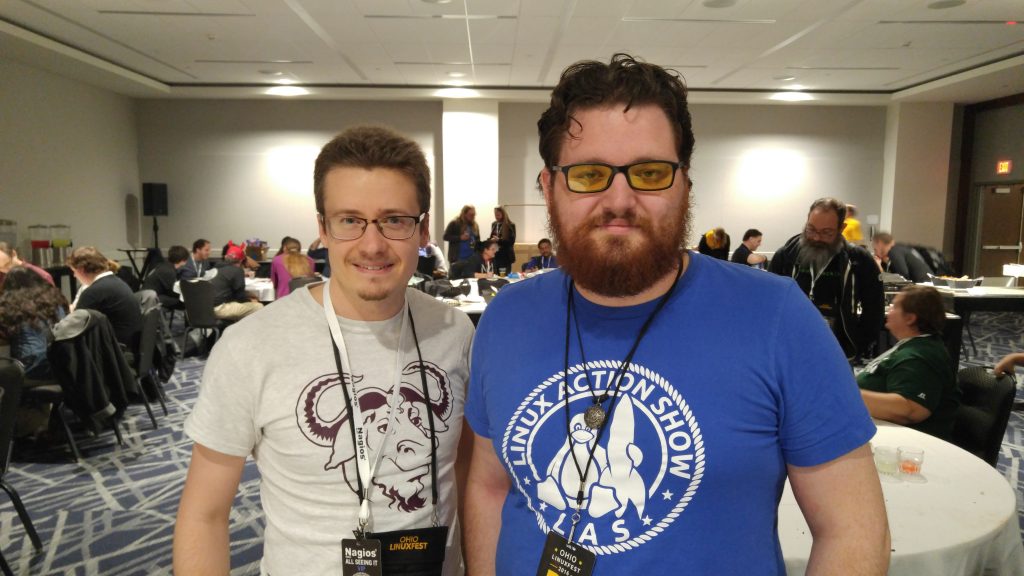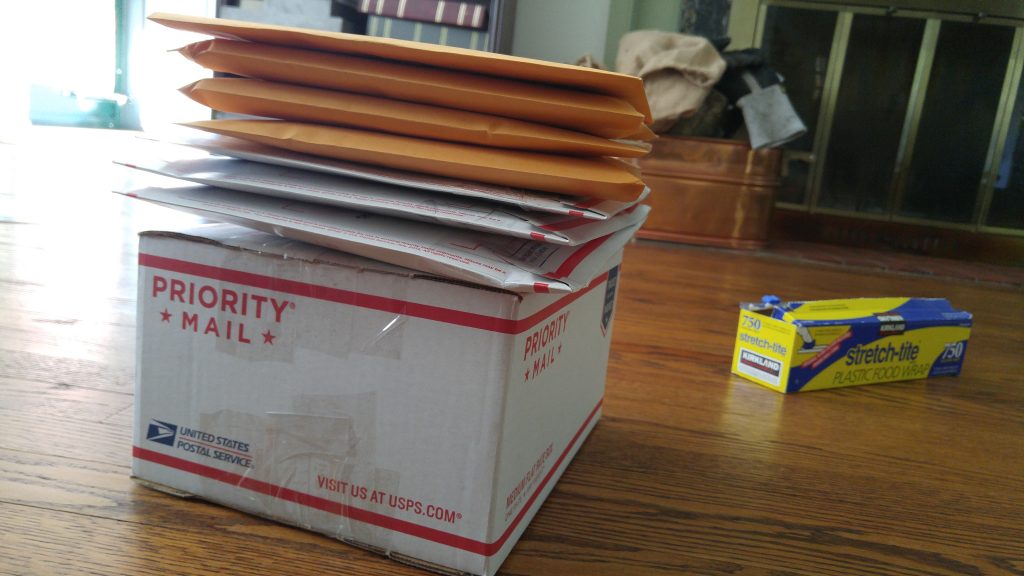I wanted to believe that we wouldn’t elect someone who advocates and empowers active hatred for women, blacks, latinos, and the poor.
I wanted to believe that we wouldn’t elect someone who declared that if he became President he’d have to do “unthinkable things” to “make America great again.”
I wanted to believe we wouldn’t vote for a candidate that proposed rounding up folks based on their ethnicity and putting them in internment camps.
Well, crap. I guess this is what America is.
I won’t defriend people over differences in economic policy. I think Ayn Rand was a sociopath, but I’m friends with folks who believe in her work. (The fact that she died broke, dependent on government handouts, kind of makes my case.) I’m OK if your stance on issues is different than mine–I’ll argue, but it doesn’t make you an enemy.
But blatant racism? Bragging of sexual assault? Not ok. I have too many black friends, too many female friends, to accept that.
So many of those friends are heartbroken today.
And there’s not a damn thing I can do.
I have no idea how to talk about this with my friends and family. The only thing that comes to mind is “move to Canada.” I’d post a link, but the Canadian Immigration web site has crashed due to all the folks hitting it.
I can’t use my “White Male Magical Inherent Worth” to protect the vulnerable people I care about everywhere they go. Are we supposed to all move together into one armed commune and only travel en masse? “It’s noon, everybody to the bus for grocery shopping! We’ve reserved sixteen carts for today. Remember, stay with the group. The Expedition Leader will blow her whistle twice to signal an advance to the next aisle. We’re starting in produce and working our way through canned goods, then the convoy will hit dairy and end up in frozen foods. If you’re somehow separated, hit your panic button and we’ll send a white man for you.”
We survived the incompetence of the Bush administration. (And yes, he was incompetent. I’ll fight the whole bar on that, but only in person, not online.) If that’s all we faced, I’d say “crap, we best save money for the coming economic crash” and move on. Heck, I’d plan to make a profit off the inevitable crash.
But a President who brags about sexual assault? Who says that folks from our most populous neighbor are rapists? Who declares that “certain people” need to be kept from voting?
The President is a role model. Trump’s election empowers every entitled dude who abuses random women in the hardware store or the park. It empowers the freaking KKK. It empowers people who think they’re better than others because of the luck of the genetic draw, who want to make life worse for other human beings.
I want to make things better for those folks.
And I have no idea how to do it.
All I can say is: I’m sorry. You deserve better.
(PS: The First Amendment only applies to governments. This blog is private property. Comments are open, but if you’re a jerk I’ll moderate you right off. There’s lots of soapboxes out there for people who good with racism or who think Bush’s handling of Katrina was great.)


